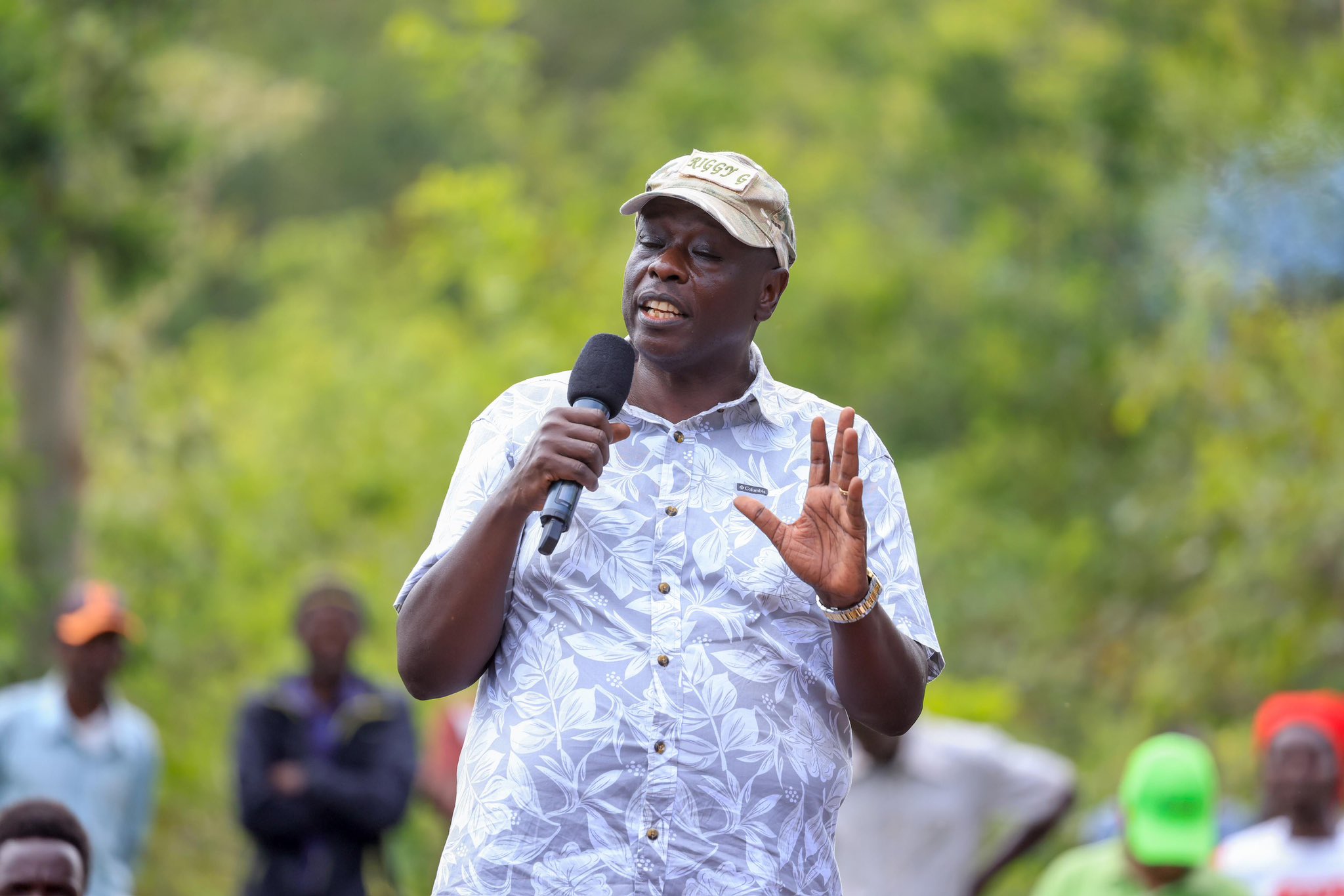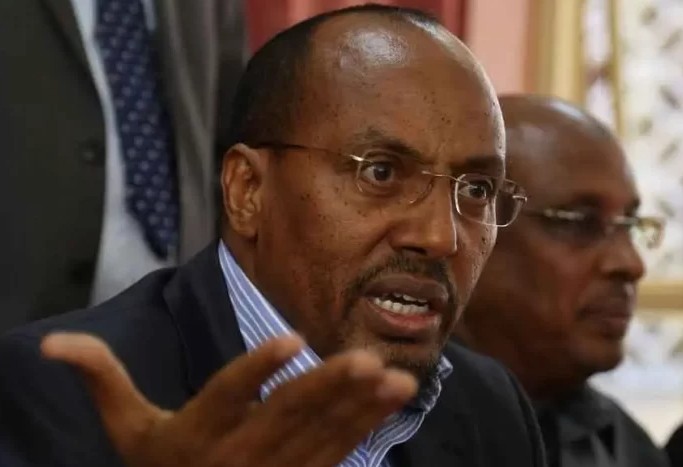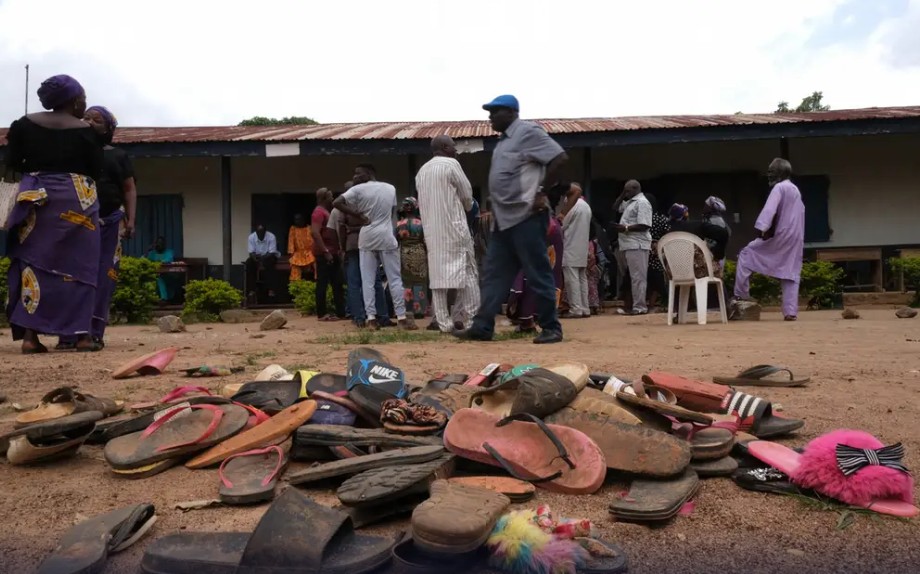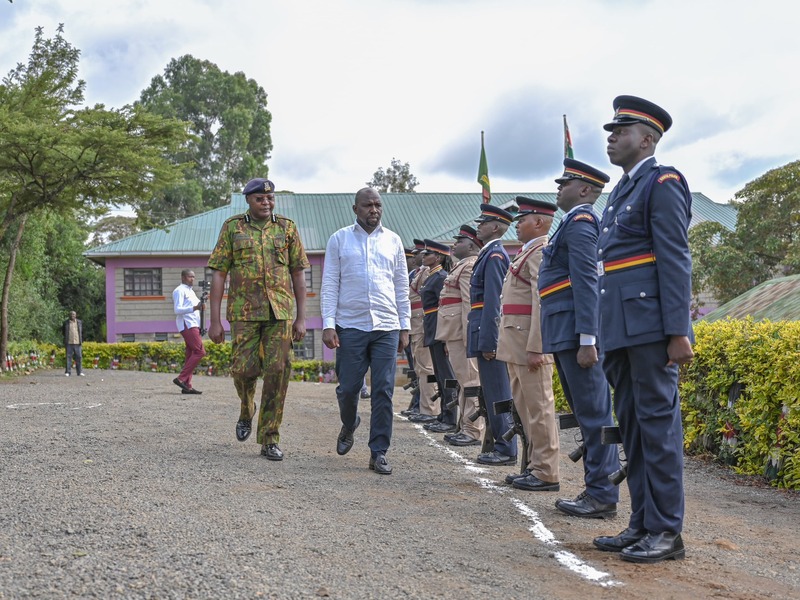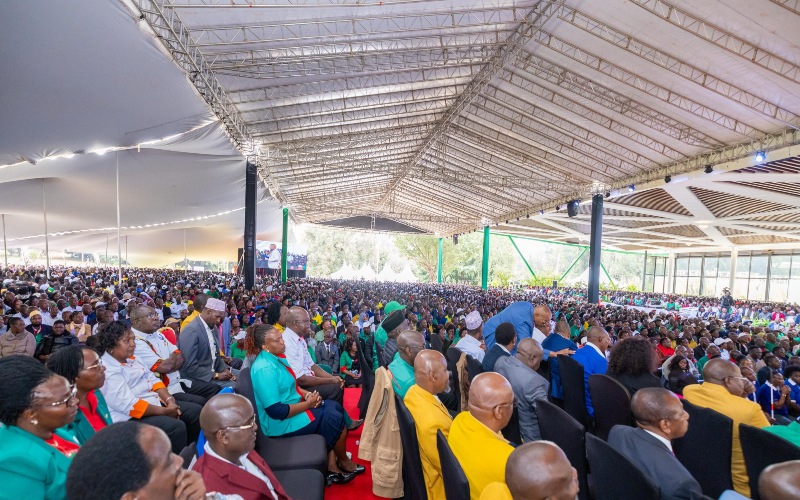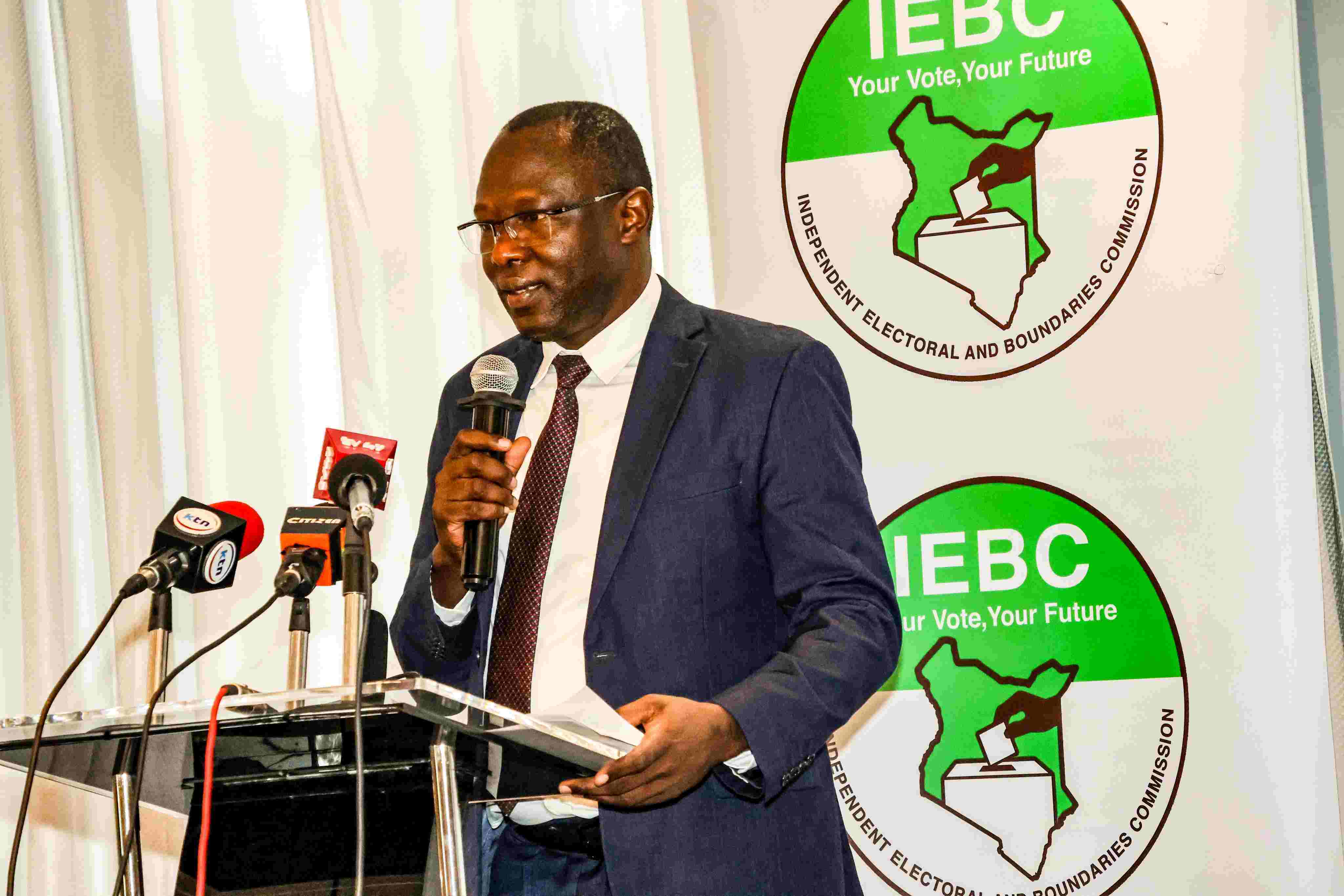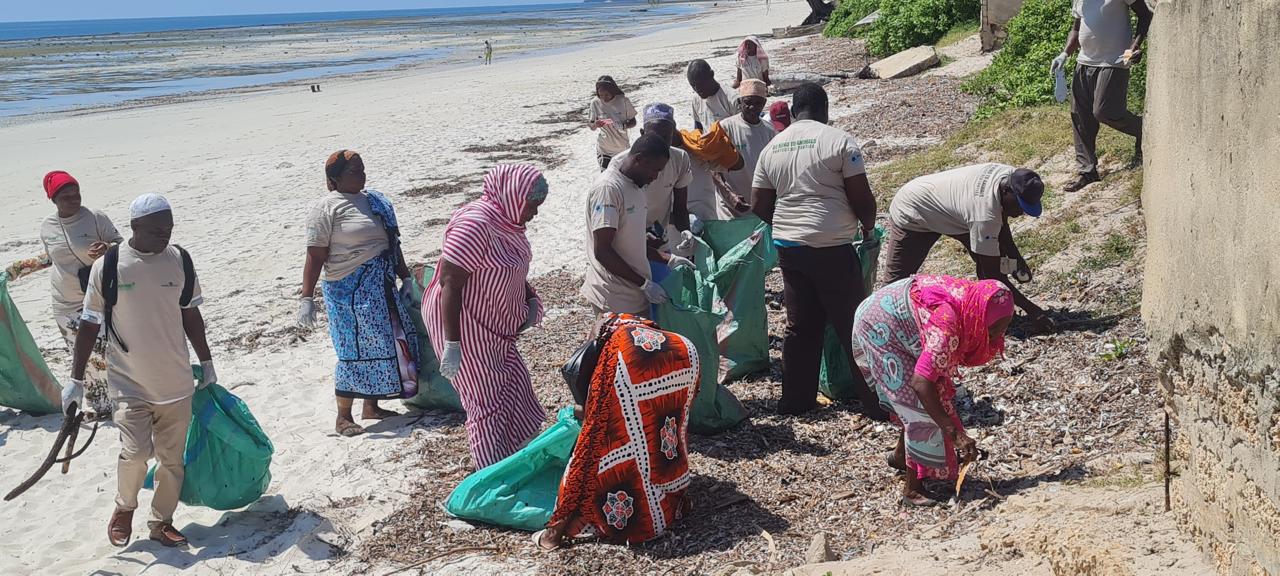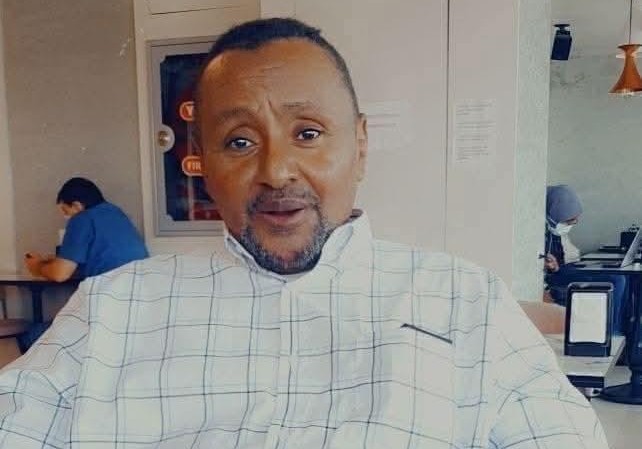Somalia seeks additional Sh5 billion to print new banknotes
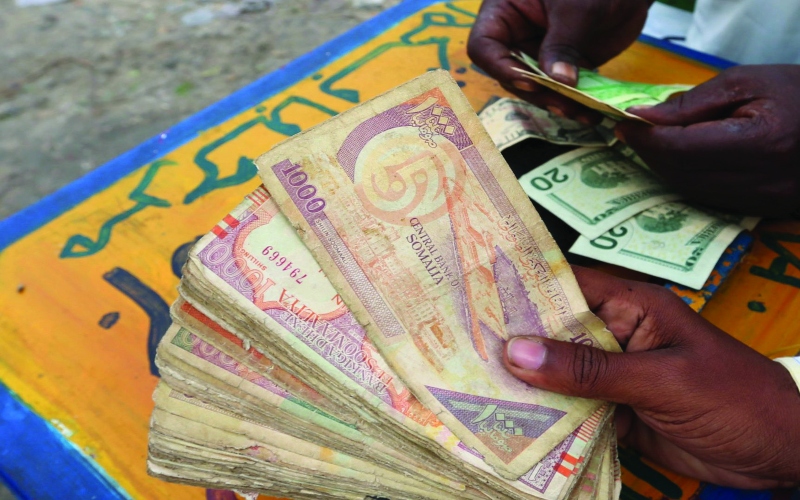
The limited supply of the currency and its outdated design have created significant difficulties for citizens, businesses, and government institutions, complicating trade and restricting the efficiency of everyday financial dealings.
The Federal Government of Somalia is facing major financial obstacles in its plan to introduce new national banknotes, a project that leaders in Mogadishu say is essential for the country’s economic stability.
Prime Minister Hamza Abdi Barre confirmed that the initiative will require an estimated $70 million (Sh9 billion) to complete, yet the government has so far managed to secure only $30 million. The money, which came through external assistance, has not been linked to any specific donor, and officials have not disclosed the source.
More To Read
- AfDB grants full debt relief to Somalia after decades of economic turmoil
- Trump faces rising backlash over remarks targeting Somali immigrants
- Somalia welcomes first group of Sudanese students under new scholarship programme
- Mogadishu’s Hamarweyne market shut for third day amid tax dispute
- How to make sweet and savoury plantains at home
- Somalia on high alert as Marburg virus outbreak hits neighbouring Ethiopia
According to Hamza, the country urgently needs to modernise its currency system.
Currently, Somalia’s economy operates almost entirely on the circulation of a single note, the 1,000 bill. This note has been in use for decades and, as Hamza pointed out, is increasingly inadequate for modern transactions.
The limited supply of the currency and its outdated design have created significant difficulties for citizens, businesses, and government institutions, complicating trade and restricting the efficiency of everyday financial dealings.
Speaking on the matter, the PM explained that while $30 million (Sh3.8 billion) has already been committed, the government is still short of $40 million (Sh5 billion). This shortfall continues to delay progress on a project that authorities consider to be a national priority.
Hamza stressed that the administration is seeking funds in a manner that will not place additional debt burdens on the state.
“To print new currency, we need $70 million (Sh9 billion). We have received $30 million (Sh3.8 billion) in assistance, and we are still short $40 million (Sh5 billion), which we want to obtain without incurring debt. We are in good discussions with the Kuwaiti government, and we hope they will support us,” Hamza said.
The negotiations with Kuwait represent the government’s most immediate attempt to bridge the funding gap. Somali officials are optimistic that financial support from Kuwait could allow the project to move forward without the risks associated with loans or new debt arrangements.
If successful, the assistance would enable the government to produce new notes and reintroduce them into circulation, providing the economy with a stable and reliable currency.
The lack of an updated monetary system has far-reaching effects on Somalia’s broader economic performance. Inflationary pressures and a consistently depreciating shilling have eroded purchasing power across the country, leaving ordinary citizens struggling to meet daily expenses.
The absence of smaller denominations has made it difficult for businesses to carry out routine transactions, while reliance on a single outdated note has exposed the financial system to widespread counterfeiting risks.
Economists note that Somalia’s dependence on the old currency has also limited the government’s ability to implement reforms that could strengthen financial institutions. Without new banknotes, central authorities remain constrained in regulating liquidity, stabilising prices, and promoting growth.
Observers believe that the outcome of talks with Kuwait will play a decisive role in determining the timeline for introducing the new currency. Should an agreement be reached, the government would be able to proceed with the printing and distribution of the notes, easing some of the immediate pressures on trade and daily commerce.
On the other hand, failure to secure the required $40 million (Sh5 billion) would extend the existing difficulties, leaving Somalia dependent on a fragile and outdated system that undermines both confidence and efficiency in the economy.
Top Stories Today


